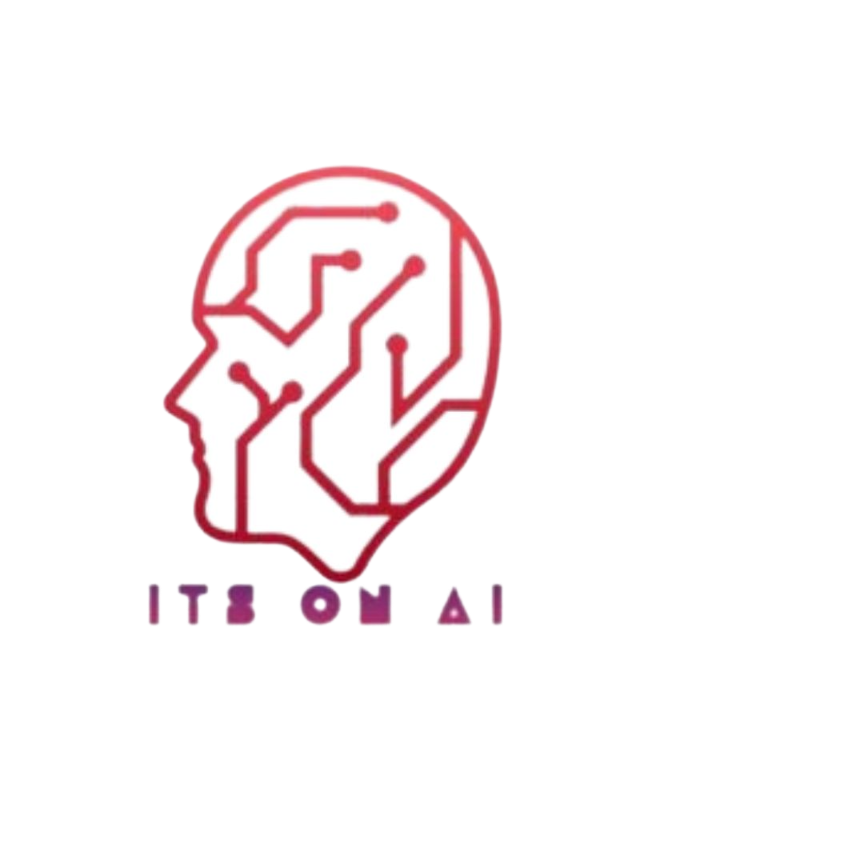AI in Business: Marketing to Manufacturing Deep Dive
Artificial intelligence (AI) integration has emerged as a revolutionary force in today’s fast-paced and constantly changing corporate environment, revolutionizing industries and businesses’ operational models. AI has shown its applicability across industries, from manufacturing to marketing, by offering a variety of applications that increase production, improve judgment, and foster creativity. This extensive analysis focuses on the primary applications, benefits, and challenges of AI in business and evaluates its profound effects.
Marketing and AI: Revolutionizing Customer Engagement
The marketing sphere has witnessed a seismic shift with the infusion of AI technologies. These innovations have enabled businesses to analyze vast volumes of customer data, providing invaluable insights and facilitating personalized marketing campaigns. Here are some notable ways AI is transforming marketing:
Personalized Recommendations:
AI-powered algorithms meticulously analyze user behavior, historical data, and preferences to deliver tailored product recommendations. Companies like Amazon and Netflix have mastered this approach, significantly boosting sales and user engagement.
Chatbots and Virtual Assistants:
AI-driven chatbots and virtual assistants have revolutionized customer support. They offer round-the-clock assistance, swiftly addressing customer queries, and enhancing user experience by reducing response times.
Predictive Analytics:
AI’s predictive capabilities extend to forecasting customer behavior and market trends. Armed with this foresight, businesses can proactively adapt their strategies to meet customer needs and maintain a competitive edge.
Content Generation:
AI-generated content has emerged as a time-saving solution for businesses. Automated reports, product descriptions, and even news articles are produced efficiently, freeing up human resources for more creative and strategic tasks.
AI in Supply Chain and Manufacturing
Manufacturing and supply chain management represent another sector where AI is redefining operational efficiency. By harnessing AI-powered solutions, companies can optimize production processes, reduce costs, and ensure better quality control:
Predictive Maintenance:
AI algorithms meticulously analyze sensor data from machinery, predicting when equipment is likely to fail. This enables proactive maintenance, minimizing downtime and production losses, and ultimately resulting in substantial cost savings.
Quality Control:
Machine learning models can swiftly identify defects in real time during the manufacturing process. This ensures that only high-quality products reach consumers, reducing costly recalls and warranty claims.
Supply Chain Optimization:
AI is instrumental in optimizing supply chain logistics. It can predict demand fluctuations, manage inventory efficiently, and even select the most cost-effective transportation routes, leading to reduced operational costs and improved customer satisfaction.
Robotic Process Automation (RPA):
Robots powered by AI are now capable of performing repetitive tasks with remarkable precision. This not only accelerates production lines but also reduces labor costs significantly.
AI in Finance: Enhancing Decision-Making:
The financial sector has embraced AI technologies to enhance decision-making, automate routine tasks, and manage risks more effectively:
Algorithmic Trading:
AI-driven trading algorithms analyze market data at lightning speed, executing trades with minimal human intervention. This approach maximizes returns and minimizes errors associated with emotional trading.
Credit Scoring:
AI algorithms assess credit risk by analyzing an individual’s financial history, streamlining the lending process, and making lending decisions more accurate and efficient.
Fraud Detection:
Machine learning is employed to detect unusual patterns in transactions, swiftly flagging potentially fraudulent activities. This proactive approach significantly reduces financial losses and safeguards the integrity of financial institutions.
Customer Service:
AI-powered chatbots and automated customer service systems have become indispensable in the finance sector. They handle routine inquiries, facilitate account management, and provide a seamless customer experience.
AI in Healthcare: Advancing Diagnosis and Treatment
In the healthcare industry, AI is spearheading a revolution in patient care and medical research:
Medical Imaging:
AI algorithms are redefining medical imaging. They analyze X-rays, MRIs, CT scans, and other diagnostic images with unparalleled accuracy, aiding in the early detection of abnormalities and streamlining diagnosis.
Drug Discovery: AI in Business
AI expedites the drug discovery process by predicting potential drug candidates and optimizing clinical trials. This not only accelerates the development of life-saving medications but also reduces research and development costs significantly.
Telemedicine:
The advent of AI-driven chatbots and virtual assistants has facilitated remote consultations, improving access to healthcare services. Patients can now receive expert advice and medical support from the comfort of their homes.
Healthcare Predictive Analytics:
AI’s predictive capabilities extend to forecasting disease outbreaks and patient outcomes. This aids in resource allocation, treatment planning, and the development of targeted healthcare interventions.
Challenges and Considerations
While the benefits of AI in business are substantial, it is crucial to acknowledge and address the challenges associated with its implementation:
Data Privacy: AI in Business Handling sensitive customer data requires robust security measures to prevent breaches and maintain trust. Compliance with data protection regulations, such as GDPR, is essential.
Ethical Concerns:
Particularly in fields like recruiting, lending, and medical diagnosis, AI decision-making procedures need to be open, impartial, and free of bias. In the development of AI, ethical issues are crucial.
Integration Costs:
Implementing AI systems can be a substantial investment. Businesses must carefully assess their budgets and strategies to ensure a successful integration that provides a return on investment.
Talent Gap: AI in Business
There is a significant shortage of AI experts, making it challenging for some businesses to find the right talent. Upskilling and training existing teams or partnering with AI consulting firms are potential solutions.
Bottom Line:
Business applications of AI are not just fads; they represent a fundamental shift that enables businesses to operate more productively, make data-driven choices, and offer their clients better services. No matter the industry—marketing, production, finance, healthcare, or another—AI has a wide range of applications.
To thrive in this AI-driven era, businesses must remain agile, prioritize ethical considerations, and invest in both technology and talent to harness the full potential of artificial intelligence. The journey from marketing to manufacturing is just the beginning of a transformative AI-driven future for businesses worldwide.










